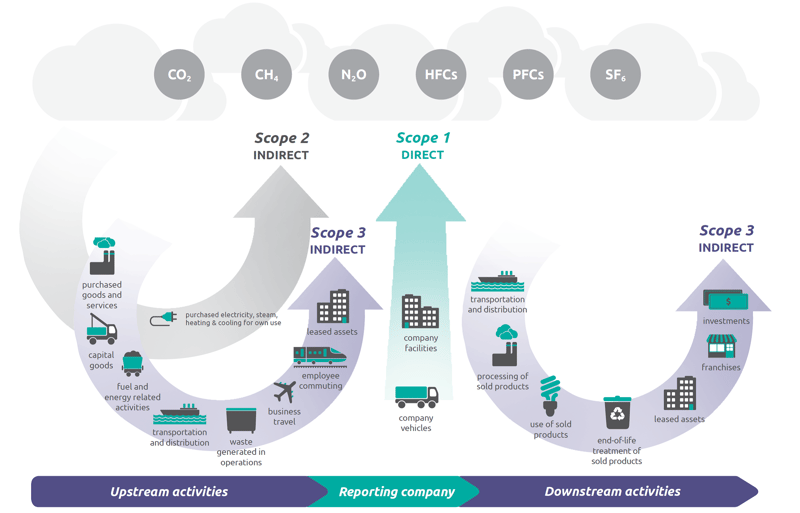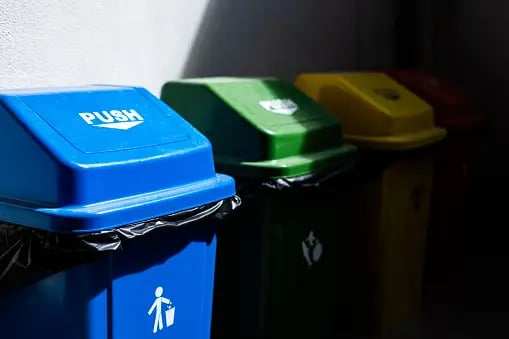
Blog
The role of AI in sustainability
1 August, 2018
/
Circular Economy
,
Artificial Intelligence (AI)
,
Industry, Innovation, and Infrastructure
,
Learning
,
Check out other articles
Blog
News


What you need to know about the new S1 and S2 ISSB Standards 🌳
30 June, 2023 / Circular Economy, Corporate Sustainability, Environmental, Social and Governance (ESG), Carbon, Climate Change, Biodiversity,
Blog


Scope 3 Emissions to be Included in Required Company Disclosures
25 October, 2022 / Circular Economy, Sustainable Development Goals (SDGs), Environmental Law and Compliance, TCFD,
Blog




